100 years of connection
This year marks the centenary of one of Israel and the Diaspora’s most important institutions, Keren Hayesod-UIA. How has its role changed and what does the future hold?
“THE 100th year is a very interesting marker in the sand. It’s a huge milestone. It’s clearly a time to be proud and reflect and celebrate.
“But I also look at it as a time to evolve and adapt.”
Keren Hayesod (KH) World Board of Trustees chairman Steven Lowy is the second Australian, after Mark Leibler, to hold this important role in the organisation’s proud history – a history that has seen it evolve and adapt throughout its existence.
From its founding in London in 1920 – 28 years before the State of Israel itself achieved independence – KH has grown to comprise 60 campaigns in 40 countries across 22 time zones.
Lowy explained that at its founding, “It was designed to raise funds from world Jewry and it was designed to be a connection between world Jewry and Israel.”
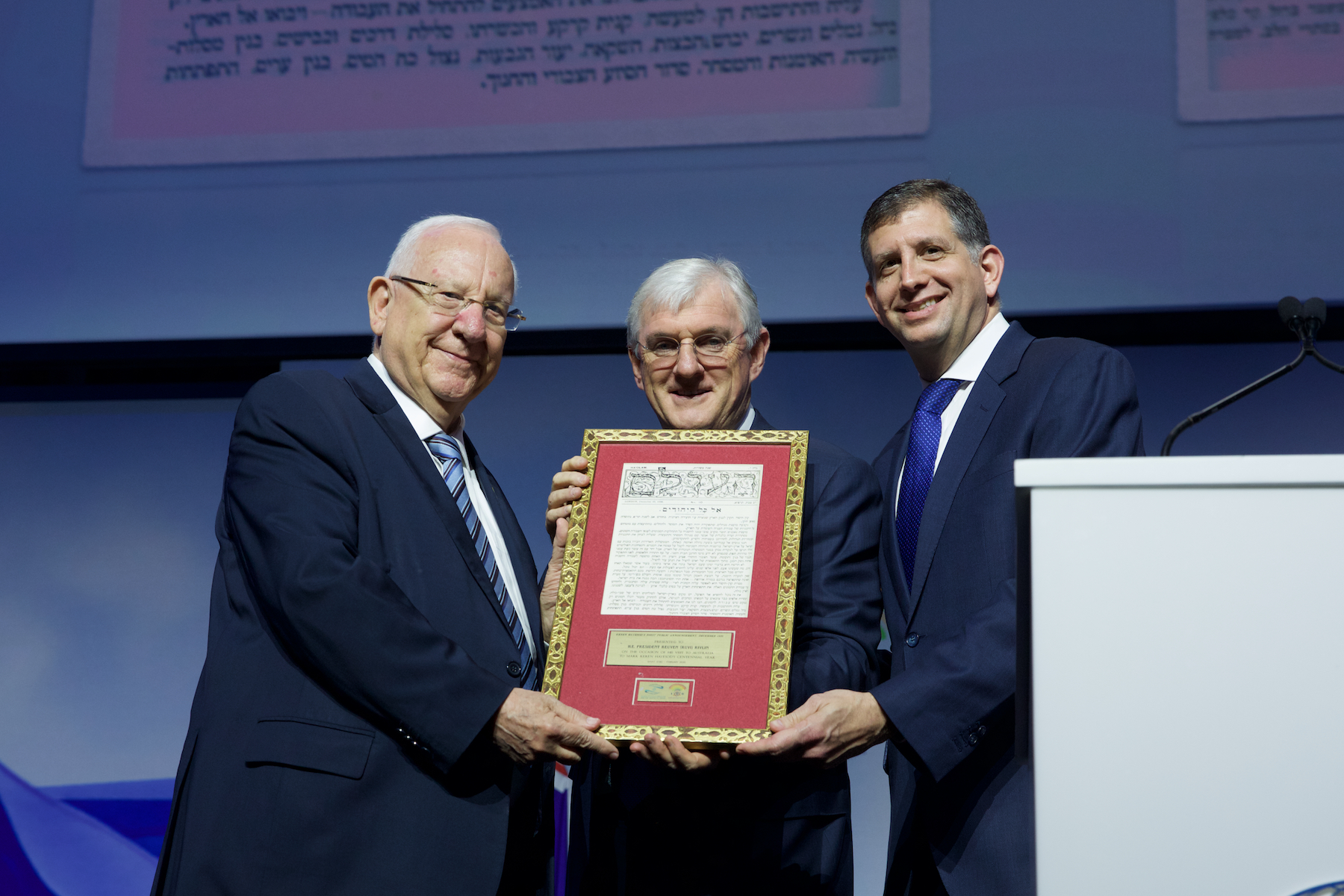
Funds raised in those early years helped to build the foundations of the Jewish state both before and after its establishment.
“Every aspect of society was influenced and most organisations were built with the help of Keren Hayesod, including the electricity company, El Al, Bank Leumi,” Lowy said.
“So much of the infrastructure was built initially with the deep assistance of Diaspora Jewry through KH. And then post-1948, it turned into the primary vehicle to raise funds for aliyah.”
It was during the postwar period that the history of KH and of Lowy’s family intersected.
“My father [Jewish communal stalwart Frank Lowy] was one of the Jews saved after the Holocaust and he came via a youth aliyah program funded by KH in 1946. He made his way to Palestine at the time and then he lived in a youth village which was also funded and created by KH,” he said.
“I wouldn’t be here today if not for KH and the Jewish Agency.”
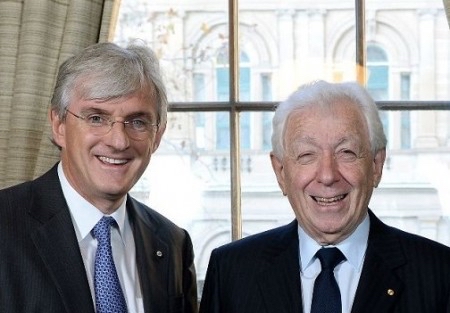
Now in its hundredth year, Lowy said the organisation is focused on three main areas, the first still being aliyah.
“There’s still 30-35,000 olim coming every year that need to be funded, they need to be absorbed and they need to be inculcated into society,” he said.
“The second major thrust of KH today is really connecting the Jews of the Diaspora to Israel. And that’s done by a number of programs [going] both ways.”
MASA, which provides gap-year experiences to Jewish school leavers, has 120,000 alumni from 60 different countries.
“The programs are hugely popular in educating Jews from around the world at a very vulnerable age about Israel,” Lowy said.
“[Then there’s] lone soldier programs, currently today 1400 lone soldiers are assisted by KH.”
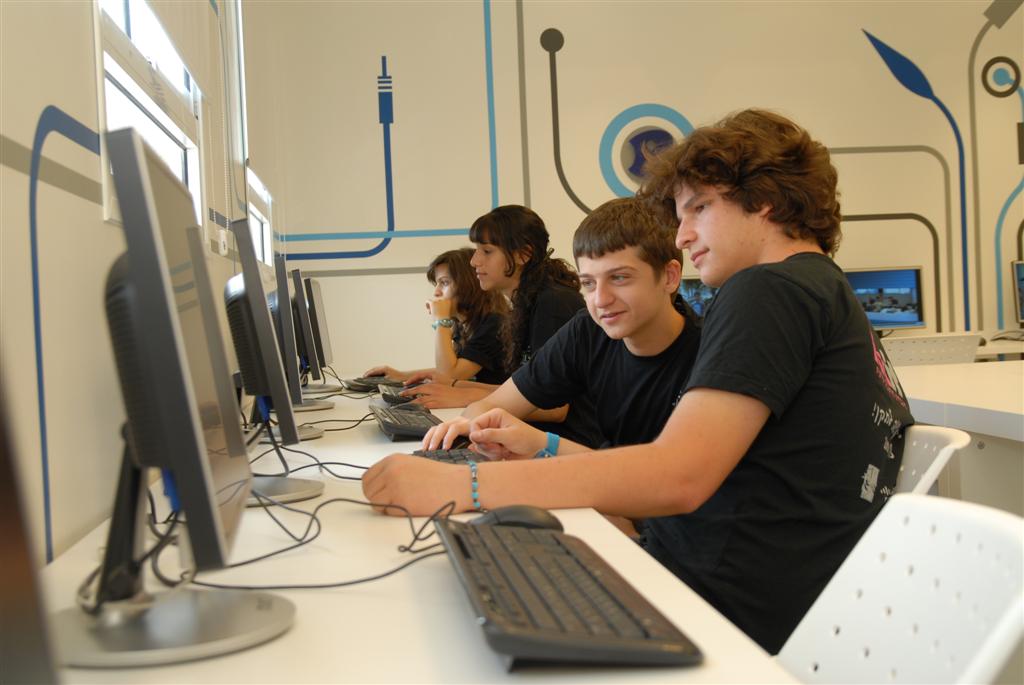
The third major area is helping Israel’s socially disadvantaged.
“There’s 12,000 kids currently in Israel under the Youth Futures program, which takes kids from the periphery of the country, from disadvantaged homes and assists them to inculcate into society and ultimately get to the army. Because once they get to the army and they succeed, their lives propel,” Lowy said.
“There’s 1800 kids currently in a Net@ program – again, that takes kids from disadvantage and helps them get educated in technology. Ultimately that leads them to get into good units in the army and then a good job in the technology industry.
“There are 7400 elderly people – many of them Holocaust survivors – living in low income homes that have been built and subsidised by KH. There’s a huge waiting list and we’re currently building 2400 more of these flats.”
Lowy said many people perceive Israel as “militarily strong, economically strong”.
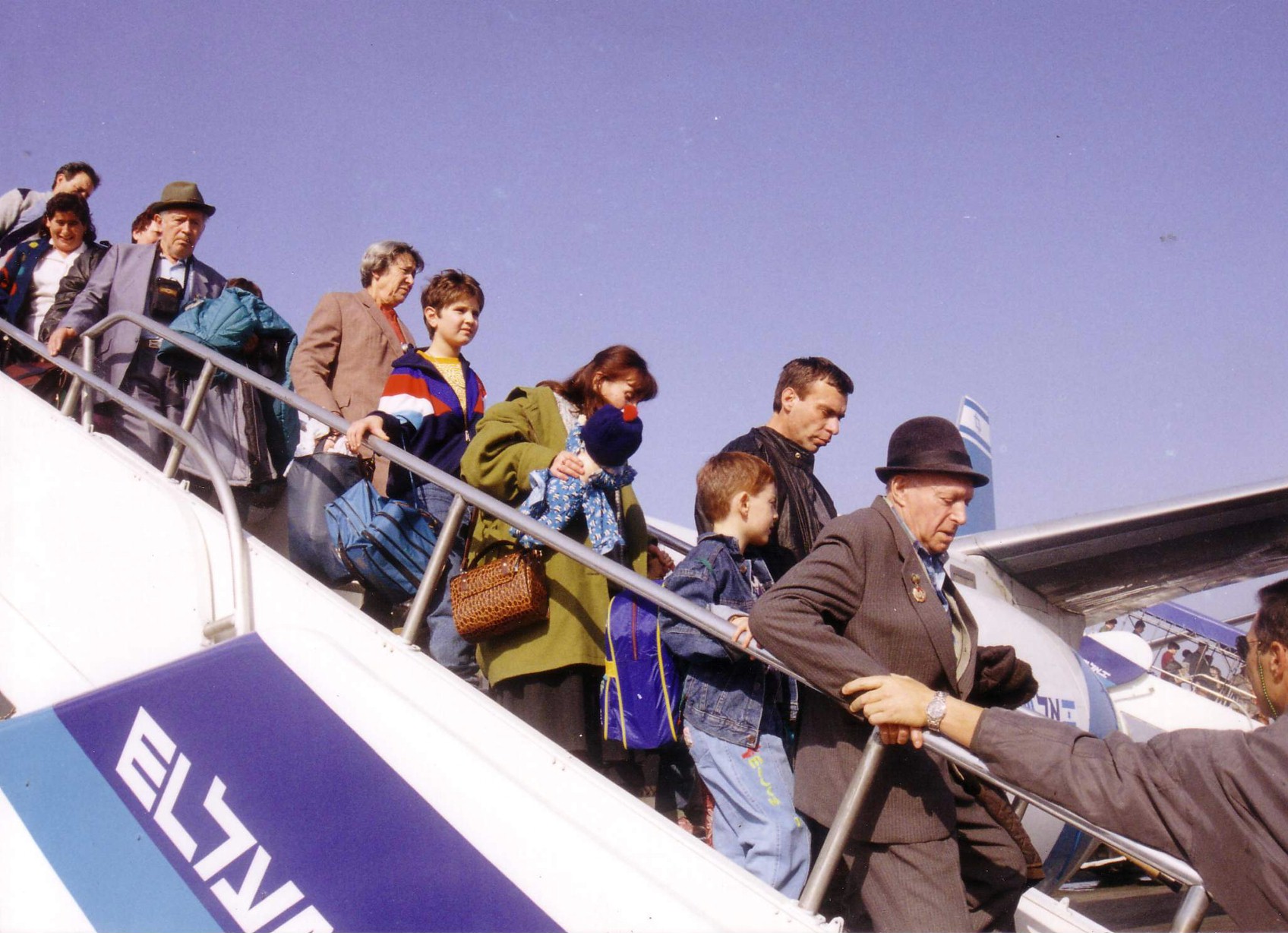
“But what is not well understood is Israel has the highest income disparity of any OECD country,” he said.
“It is still our responsibility to help Israel with those issues. We’re privileged to live in countries which are very, very good to the Jews. But we wouldn’t be able to do that without a strong Israel, and I don’t believe Israel would be as strong without the Diaspora helping it.”
Asked about some donors in Australia being reticent to give as a means to protest the prolongation of Malka Leifer’s legal hearings, he replied, “UIA is about humanitarianism.
“We clearly are on the right side of this issue in asking the Israeli system to deal with this swiftly and get her back here to be tried under Australian law. But it would be unfortunate if somebody felt so aggrieved that they would withhold funds to those in need.”
LOWY took on his current post in May last year. Reflecting on what has been a “very challenging” role so far, he said he feels more proud now to be doing the job than when he started.
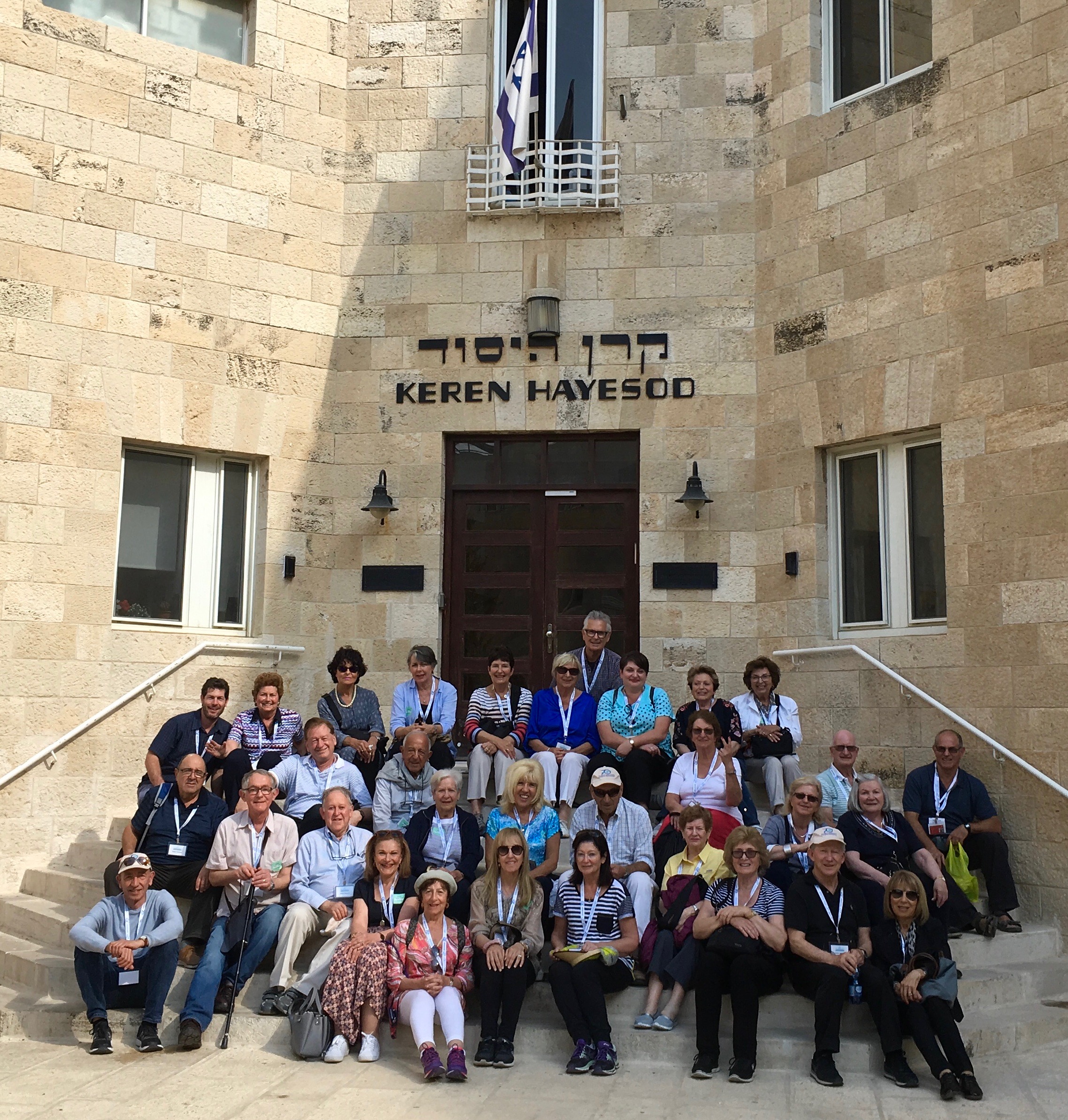
“I’m proud as an Australian, but I’m also proud with the history of my family to be doing this role,” he said.
In under a year he has already engaged with Jewish communities in Moscow, Montreal and Toronto, London, Paris, Geneva and Zurich.
“It’s a real privilege to be able to visit these various communities and understand their challenges, their culture, their history,” he said.
“We’re all Jewish, we all have a common bond towards Israel, but the make-up of those cities and countries are all quite different.
“But it’s such a common bond that we immediately have when we meet each other. Because we’re obviously there for the same cause and the same reason. Many of us also have a very similar history, we just don’t know it. And so the barriers come down instantly. I have been embraced very warmly.”
Sadly, many of these communities have been harshly impacted by the COVID-19 pandemic.
“Europe is hugely impacted right now. And those Diaspora communities have been impacted earlier on in a much further scale by the virus,” Lowy said.
“So we’ve been working very closely with the Jewish Agency to not only work in the campaigns but also see how we can help the Jewish communities in those campaigns as well.
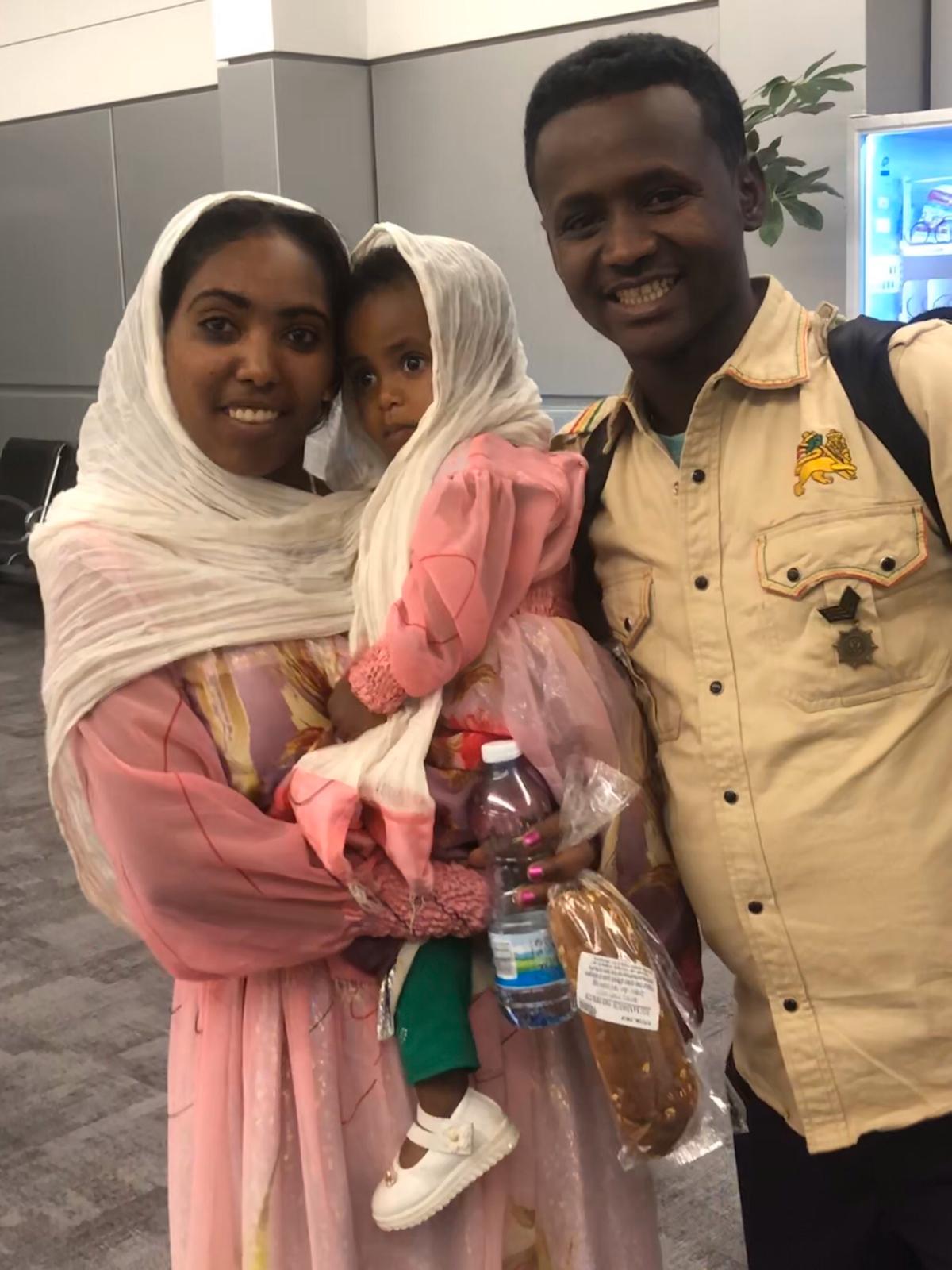
“We’ve got to be helpful to the Diaspora communities, but at the same time remind ourselves that [for] those that still have the capacity to give to the various causes in Israel, the likelihood is the need has actually gone up.”
In the meantime, he said, KH is getting on with business, having just hired the former head of the Jewish Agency’s delegation to the United Kingdom, Polly Bronstein, as its global CEO.
Lowy described Bronstein, who is in her 40s, as “very current, [with] huge experience and energy, great communication skills, great leadership skills”.
“You’ve got to adapt as a fundraising organisation to remain relevant so those next generations feel as deeply connected to Israel as our parents did and we do,” he said.
“Being a proud organisation for what it’s achieved for the foundation of Israel is very important, but equally as important or maybe now more so is how the organisation can stay relevant and be relevant for the needs of Israel and the needs of the Diaspora community.
“KH will move on, we’ll all get through this, we’ll work together, we’ll care for one another as one Jewish community around the world. These are the times where we shine, by coming together and supporting one another.”

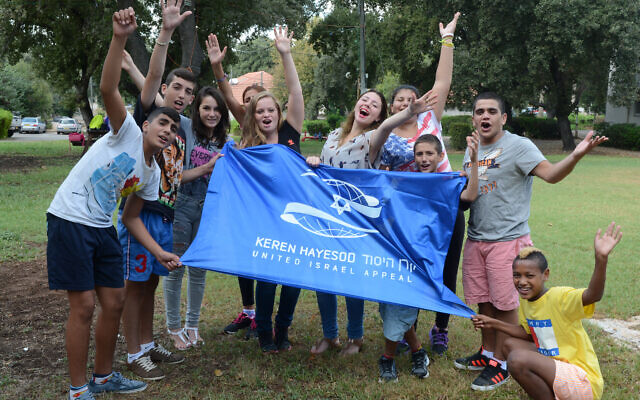
comments